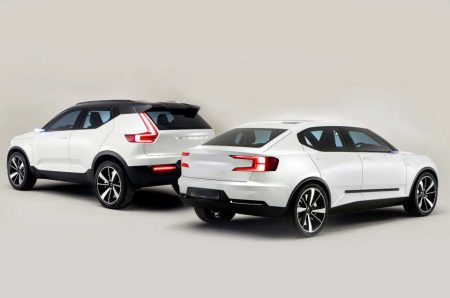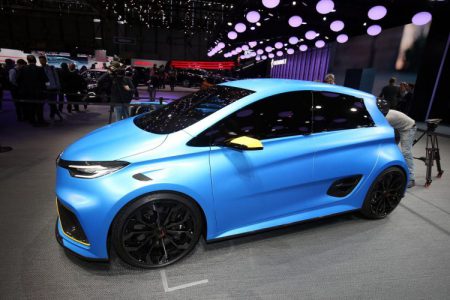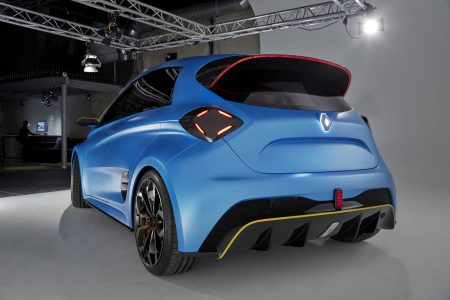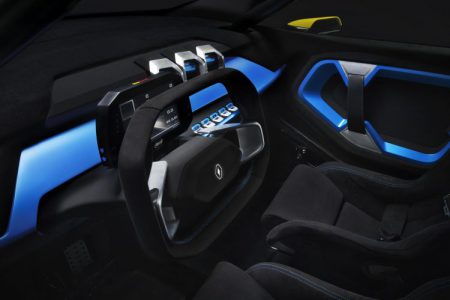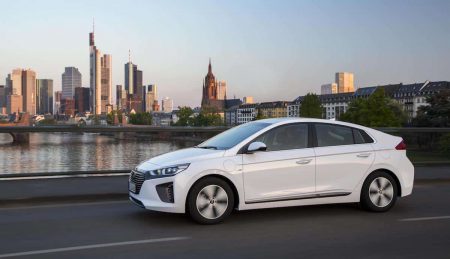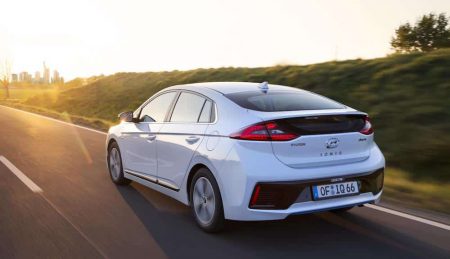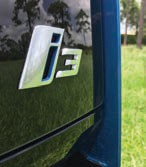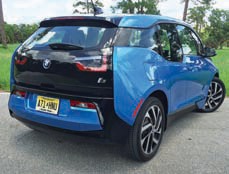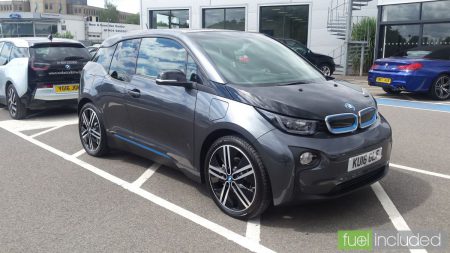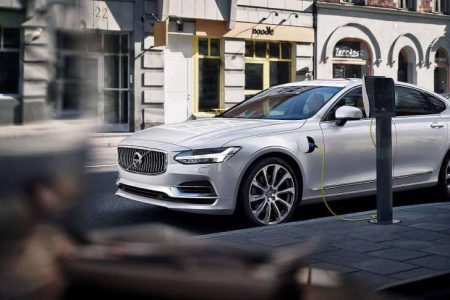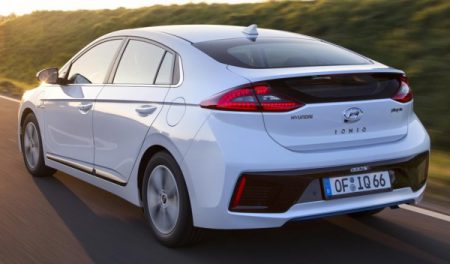Environment minister unveils five-year-plan to fulfil country’s commitments under Paris Agreemen.
France plans to ban all petrol and diesel vehicles by 2040, the country’s new environment minister has announced.

Nicolas Hulot made the announcement as he unveiled a series of measures as part of newly elected President Emmanuel Macron’s plan to make the country carbon neutral by 2050.
Mr Hulot said he recognised the target would put pressure on France’s car manufacturers, but he said they currently had projects which
“can fulfil that promise”.
As part of the plan, poorer households will receive a premium so they can swap their polluting vehicles for clean alternatives.
The announcement comes after Volvo said on Wednesday it planned to build only electric and hybrid vehicles from 2019.
Speaking at a press conference, Mr Hulot told reporters France would stop using coal to produce electricity by 2022 and that up to €4bn of investments will help to boost energy efficiency.
The announcements are part of a five-year-plan to encourage clean energy and fulfil the country’s commitments under the Paris Agreement.
Mr Hulot said the government wanted to maintain the country’s “leadership” in climate policy.
“We want to demonstrate that fighting against climate change can lead to an improvement of French people’s daily lives,”
he said.
France is not the only country which aims to ban combustion-powered cars. The Netherlands and Norway previously said they wanted to get rid of petrol and diesel vehicles by 2025 and Germany and India announced similar plans ahead of 2030.
Reacting to the news, ClientEarth CEO James Thornton said: “This is a huge statement of intent from the French government and an example of how we’re likely to see exponential change in the coming years as governments grapple with the necessary changes we have to make for air quality and our climate.
“Coming hot on the heels of Volvo’s announcement yesterday, the outlook for the internal combustion engine is bleak. This is now clearly the direction of travel and industry players who are not on board will find themselves struggling before long.
“These moves should be heeded by other governments and industry, who need to act to protect us from air pollution in our towns and cities and help mitigate climate change.”
Read more: Independent








